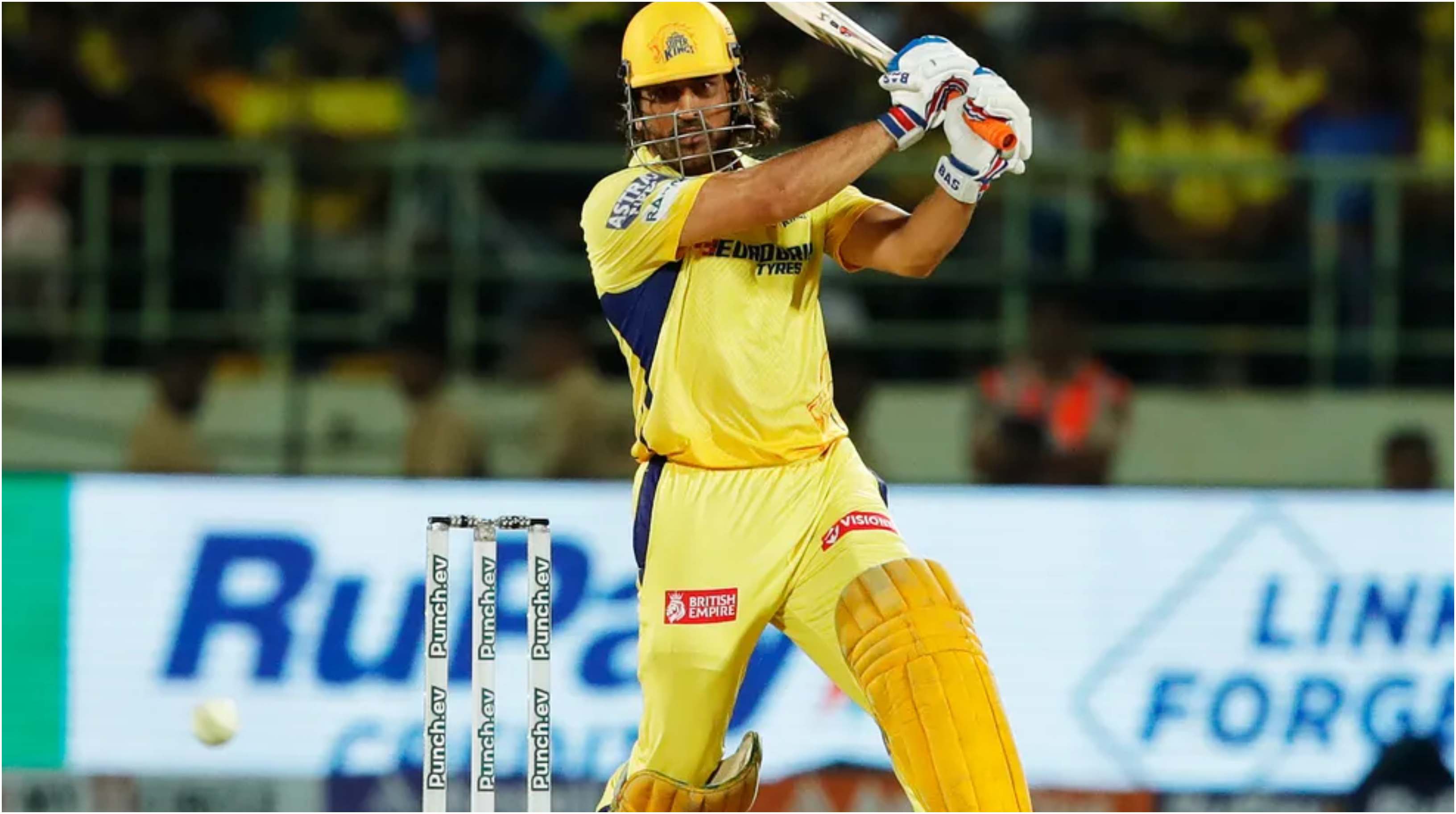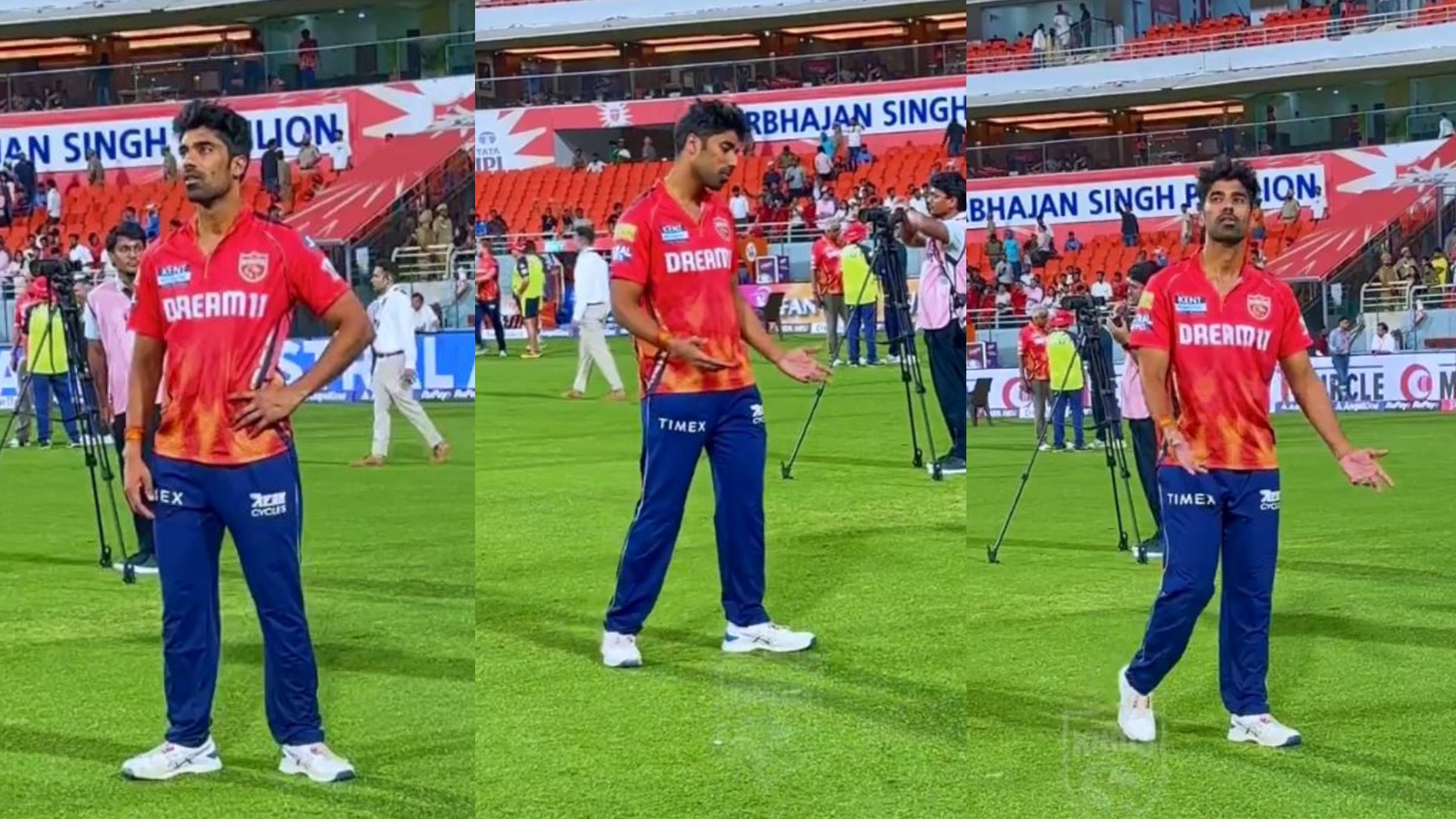 Former India wicketkeeper MS Dhoni has left a massive impact on the game with his leadership. He is the only skipper in the history of cricket to have won all three ICC white-ball trophies – 2007 World T20, 2011 Cricket World Cup and 2013 Champions Trophy.
Former India wicketkeeper MS Dhoni has left a massive impact on the game with his leadership. He is the only skipper in the history of cricket to have won all three ICC white-ball trophies – 2007 World T20, 2011 Cricket World Cup and 2013 Champions Trophy.
While Dhoni retired from international cricket in 2020, he continues to feature in the Indian Premier League (IPL) for Chennai Super Kings (CSK).
Ahead of the IPL 2024, he stepped down as CSK captain and handed over the leadership baton to Ruturaj Gaikwad. Under his captaincy, the Chennai-based franchise not only bagged five IPL titles but also became a symbol of consistency and excellence.
Dhoni's leadership was characterized by his calmness under pressure, shrewd tactics and an uncanny ability to extract the best from his players.
On Wednesday (April 10), BCCI chief selector Ajit Agarkar paid a tribute to MS Dhoni’s leadership skills, hailing him as a true embodiment of instinct in a sport where data and insight play significant roles.
Agarkar also went on to say that artificial intelligence can never replace someone like Dhoni, whose captaincy instincts are unparalleled.
"The amount of data that's available is incredible. You can plan a whole innings and I think everybody does it now, but it doesn't mean it will work all the time. You need a captain on the ground because not everything that you've planned is going to go your way,” said Agarkar on SportifywithPRG.
"On a particular day it might, but most days it won't. And that's where you need human instinct. That's why you call MS Dhoni a great captain because he had a feel for the game. He knew what was happening and how the game was changing," he added
Agarkar acknowledged that the IPL has become a huge platform to spot talent but for him, what matters most is a strong temperament.
"You can see it, (IPL) keeps throwing up players out of the blue. Having been a selector for a few months, there are certain players who suddenly come and show even on the big stage. IPL is a fairly big stage because of the pressures involved, big crowds,” Agarkar remarked.
"You might be bowling to the top batters in the world, or you might be facing one of the top bowlers in the world, and that's when you stand up and that's where you judge the temperament of a player, whether he can do it consistently.
"It's sometimes a difficult task because of the sheer numbers (of players coming through the domestic structure) that we have. But, eventually, the more you watch players and temperament sometimes separates it," he further stated.
The chairman of selectors believes that a tight-knit side will be on the winning side more often than not.
"A tight-knit group generally helps. You don't need to be the best friends but you want to enjoy each others' success. If that doesn't happen sometimes it is a bit difficult."
(With PTI inputs)



